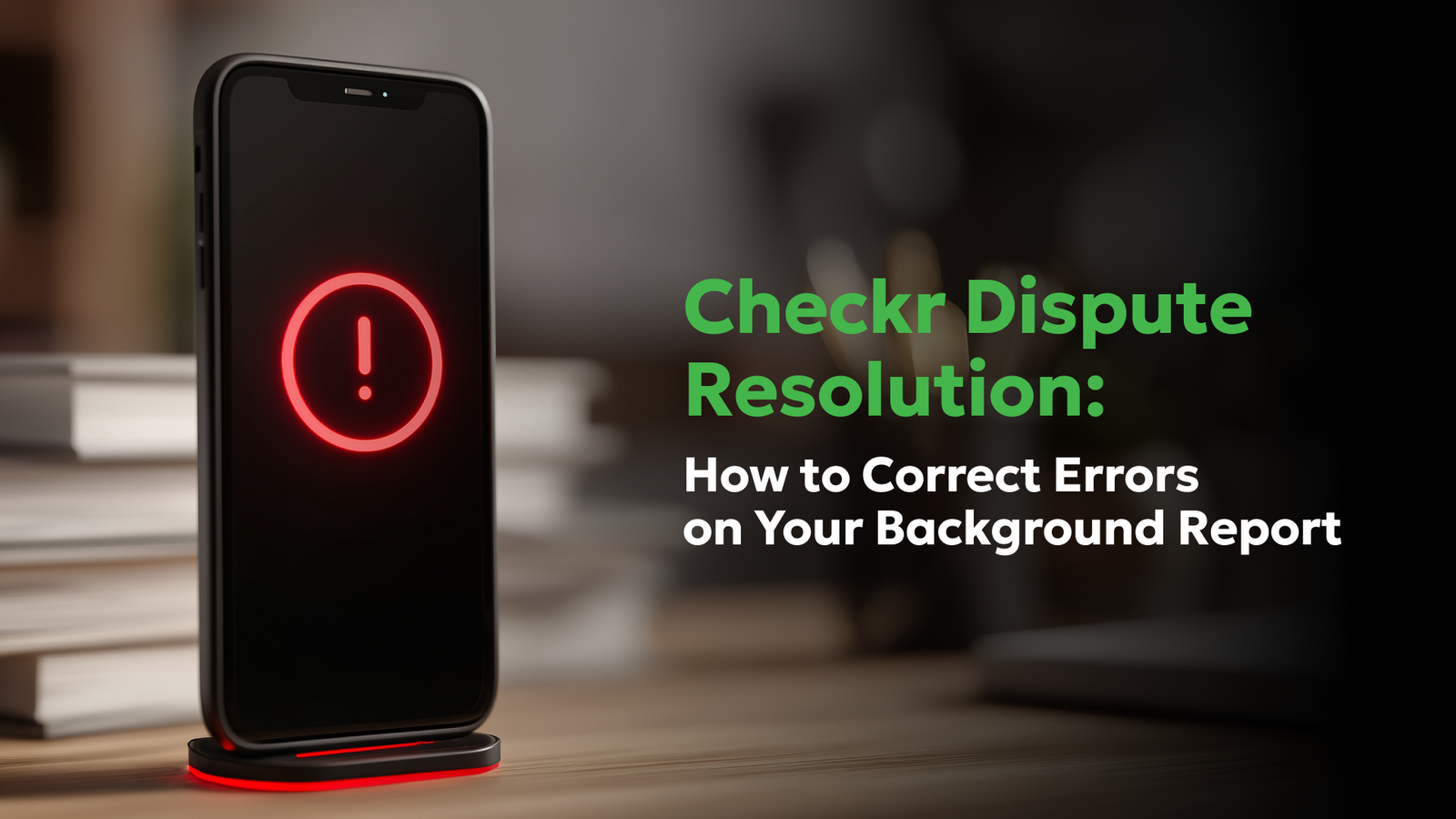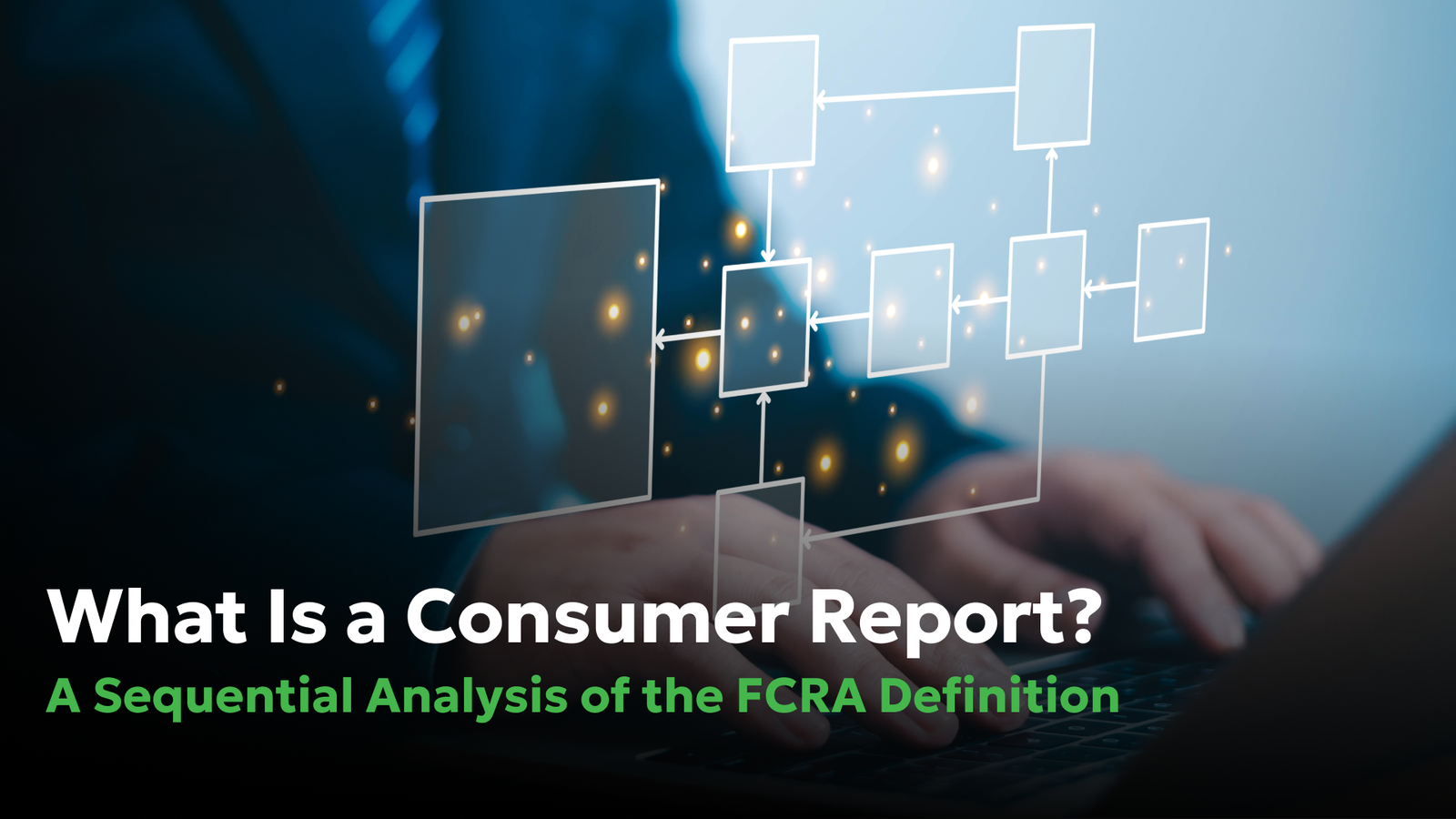How to start building credit at 18
- Blog
- All about FCRA
How to start building credit at 18

Building credit at 18 is possible
Use these tips to start the journey towards a great credit score as soon as you're 18.
The age of 18 marks a step into adulthood. In modern times, adulthood is never complete without finance coming into the picture. Building credit at the age of 18 is a prudent move that can set you up for a life of good financial standing.
Here are 10 ways you can start building credit at 18-years-old.
1. Understand the credit system
The first step towards building credit is to learn how the credit system works. You need to understand what a credit report and a credit score are, what improves your score, as well as what causes it to drop.
You need to come to terms with the various ranges of credit scores, whether they are good or bad, and the implications thereof.
It’s also necessary to learn about the major credit reporting agencies and how they operate. This is crucial because these bureaus have varying policies, and for multiple reasons, the information contained in their reports is usually different.
2. If possible, become an authorized user
Another way to put your best foot forward in building credit at 18 is to piggyback on the good financial standing of someone close, possibly a friend or family member.
This means becoming an authorized user on that person’s account.
As an authorized user on the account of someone with good credit health, their actions will count as yours and help build your credit. However, they must agree to add you as an authorized user. Also, their credit card company must report to credit bureaus for authorized users for the move to count.
If they add you as an authorized user, be very mindful of how you spend from the account. Your actions affect their credit too, even though they alone are liable to make the accruing payments.
3. Fetch a student credit card
If you’re a student with good financial standing, you can go for a student credit card. Such a card will not be a hassle to obtain. They make it really easy to get a traditional credit card once you prove to have good financial habits.
Be mindful, though, because these cards come with low credit limits and high-interest rates if you lag behind on your payments.
4. Use a secured credit card or a no-deposit credit card
Another option for you to build your credit is to opt for a secured credit card or a no-deposit credit card. A good example is a secured credit card. A secured credit card demands a deposit typically within the range of $200 to $2,000. The deposit becomes your initial credit limit.
While you need an income to qualify for a secured credit card, its bar is lower than that of traditional credit cards.
Keep in mind that you can also opt for credit cards that do not require deposits.
Either way, make sure that you choose a card whose company reports to all three of the bureaus.
5. Get a credit builder loan
It pays to maintain a healthy credit mix. So, instead of having a credit card as the only credit product on your account, spice it up.
To fire up your credit, take out a loan, such as a credit builder loan, on your account. The beauty of a credit builder loan is that once it’s approved, the funds are housed in a locked certificate of deposit. When you pay off the loan, the funds are then actually released to you.
So, your proper repayment of the loan over time reads on your credit report as positive payment history. A positive payment history works wonders for your credit health. When you pay off the loan, you can then access the funds.
6. Take a student loan in your name
A student loan taken out in your name is another way to properly mix up your credit. Note, for it to report on your credit and help build it, it must be in your name. It should not be in your parents’ name, otherwise, it will report on their credit.
However, your parents can still act as your guarantors or co-signers.
When paying off the loan, be sure to make your payments early because late payments or defaults are bad for your credit.
7. Make your payments early
Obviously, the importance of early payments cannot be overemphasized. Early payment is a factor that improves your credit. It is a staunch indicator that you’re financially responsible. Creditors can trust that you’ll pay your debts when due.
It might be better to set up automatic payments to avoid any extra fees for late payments.
8. Work with a budget and maintain a low credit utilization ratio
To build your credit, you need to cut away any form of reckless spending. Follow a budget and avoid onerous debts. Remember, you’re new to this whole thing.
You should keep your credit utilization ratio as low as possible. Your credit utilization ratio is the amount you spend from your credit card compared to your credit card limit. Spending at most 30% of your credit card limit is highly recommended.
9. Keep an eye on your credit reports and score
To know better is to do better. With all the knowledge you’ve gained about the system, you must have realized that it’s imperative to monitor your credit reports and scores. The benefits of closely watching them include:
- Concrete knowledge of what affects your credit health
- Identifying any credit reporting errors
- Spotting any signs of identity theft
You can always request your credit report from any of the credit bureaus. Legally, they are mandated to provide one report annually for free. However, to check credit fraud, which hit unprecedented highs in the pandemic, they have resolved to provide credit reports weekly, upon request, until 2022.
10. Take it one step at a time
You’re actually at an advantage because time is on your side. There’s no need to scramble. Don’t make the mistake of attempting to apply every possible credit building tip immediately. It could backfire.
That’s the rundown on how to start building credit at 18. Be sure to put them to use for a strong financial reputation. Keep in mind that credit reporting errors and even identity thefts plague consumers. If you ever happen to experience any, contact us.


Daniel Cohen is the Founder of Consumer Attorneys. Daniel manages the firm’s branding, marketing, client intake and business development efforts. Since 2017, he is a member of the National Association of Consumer Advocates and the National Consumer Law Center. Mr. Cohen is a nationally-recognized practitioner of consumer protection law. He has a we... Read more
Related Articles




R
ONGS™You pay nothing. The law makes them pay.







